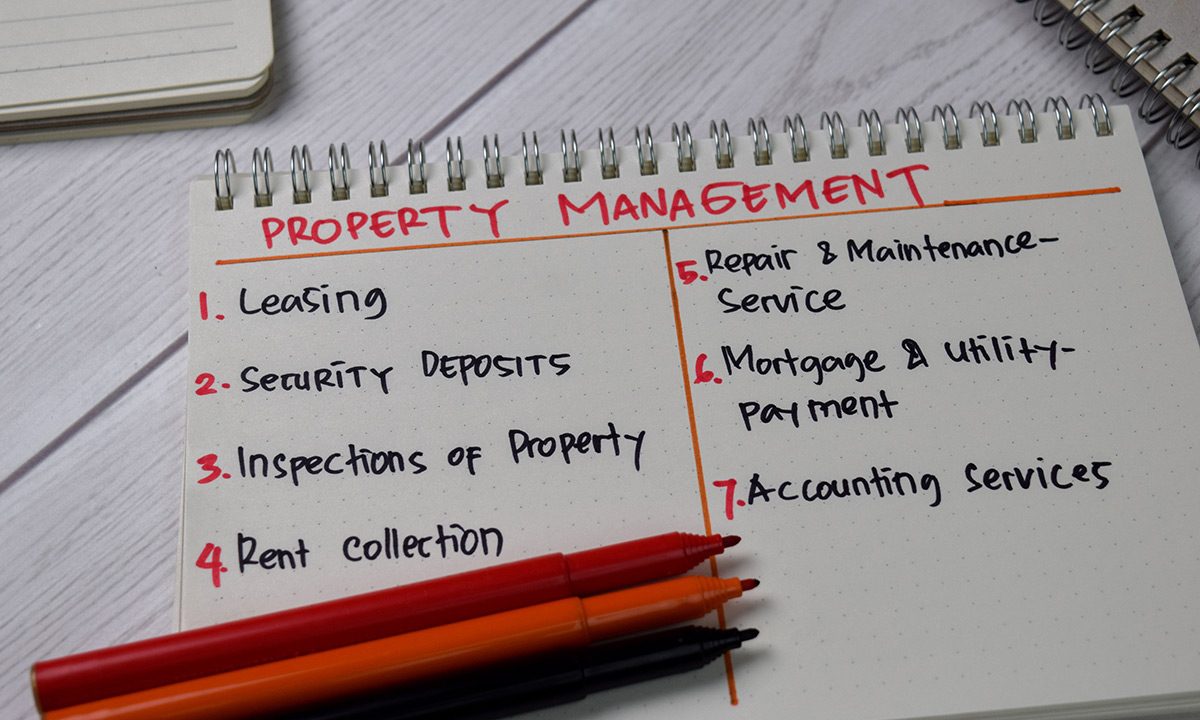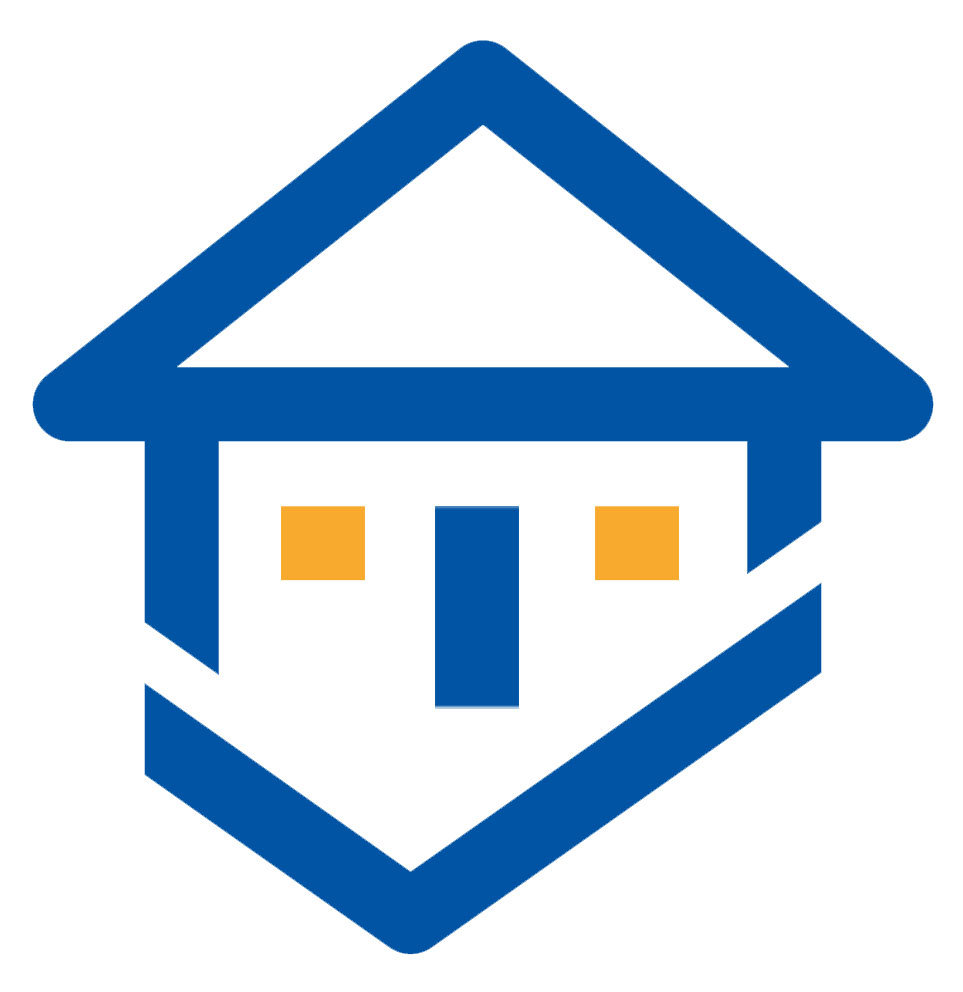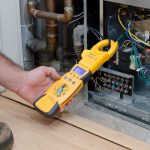
When you own a condo, you’re part of a community that shares the costs of maintaining and improving the property. One of the financial obligations you might encounter as a condo owner is a special assessment. But what exactly is a special assessment, and why might you be required to pay one?
What is a Special Assessment?
A special assessment is an additional fee that condo owners must pay on top of their regular monthly condo fees. This fee is typically imposed by the condo board or homeowners’ association (HOA) to cover unexpected expenses or major projects that aren’t covered by the regular budget.
Why Are Special Assessments Necessary?
Condo fees are usually set to cover routine maintenance, utilities, and minor repairs. However, sometimes unforeseen issues arise, such as roof damage, plumbing problems, or structural repairs that require significant funds. In other cases, the condo board might decide to undertake a major renovation or improvement project, like updating the building’s exterior or replacing old elevators. When the reserve funds or budget fall short, a special assessment is necessary to cover these costs.
How Are Special Assessments Determined?
The process for determining a special assessment varies depending on the condo association’s bylaws. Typically, the condo board will assess the situation, obtain estimates for the work needed, and then vote on whether a special assessment is required. In some cases, condo owners may have the opportunity to vote on the assessment or approve the proposed project.
How Much Can a Special Assessment Cost?
The cost of a special assessment can vary widely, depending on the scope of the project and the number of units in the condo. For instance, a small repair might require each owner to contribute a few hundred dollars, while a major renovation could result in a much larger expense. The cost is usually divided among all condo owners based on the size or value of their unit.
What Should You Do If You’re Faced with a Special Assessment?
If you’re notified of a special assessment, it’s important to understand the details. Review the board’s reasoning, the estimated costs, and how the funds will be used. If you have concerns, attend the board meeting or communicate with your HOA to ask questions or voice your opinion.
In some cases, you may be able to negotiate a payment plan if the assessment is substantial. It’s also wise to consider how this unexpected expense fits into your overall financial planning.
Can Special Assessments Be Avoided?
While you can’t always avoid a special assessment, you can minimize the risk by choosing a well-managed condo association. Look for a property with a healthy reserve fund and a history of regular maintenance. Additionally, staying informed and involved in your condo community can give you a voice in decisions that might lead to special assessments.
Special assessments are a part of condo ownership that can catch some owners by surprise. By understanding what they are and why they happen, you can be better prepared to handle these additional costs and ensure your property remains well-maintained.







